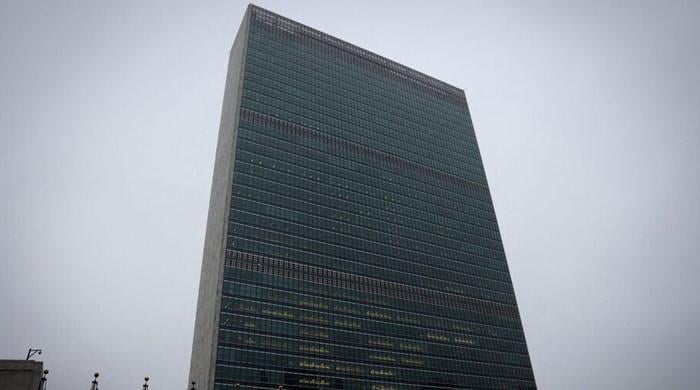Pakistan’s Diplomacy Impacts India’s UNSC Ambitions
NEW YORK: Pakistan’s proactive diplomatic efforts have undermined India’s objectives at the United Nations Security Council (UNSC). The UNSC statement addressing the Pahalgam attack refrained from utilizing strong language, contrasting with the rhetoric employed after the 2019 Pulwama incident, which involved the loss of numerous Indian security personnel.
The UNSC’s message following the attack on tourists in Indian Illegally Occupied Jammu and Kashmir (IIOJK), which resulted in 26 casualties, references “all relevant authorities” instead of specifically mentioning India.
The United States proposed the statement within the Security Council; however, it did not secure approval.
Since the April 22 incident, the two nuclear-armed nations have experienced a deterioration in diplomatic relations. New Delhi even suspended the Indus Waters Treaty, which led Islamabad to respond by closing its airspace to Indian airlines.
Prime Minister Shehbaz Sharif, while condemning the unfortunate assault, volunteered to participate in an impartial, transparent, and credible investigation into the matter.
Amid escalating tensions, and with Defence Minister Khawaja Asif cautioning that the situation could devolve into a full-scale conflict, Iran has offered to mediate between Pakistan and India.
In a significant diplomatic achievement, Pakistan successfully prevented the inclusion of specific contentious terms in the UNSC statement. Furthermore, it secured the incorporation of “Jammu and Kashmir” instead of simply “Pahalgam,” countering New Delhi’s aim to portray the disputed area as part of India.
Notably, India did not issue an immediate condemnation. The UN statement conveyed that the organization is monitoring the regional situation with considerable concern.
Moreover, a UN official urged both Pakistan and India to exercise maximum restraint to avert further deterioration of the situation amidst heightened tensions.



Comments (0)
No comments yet. Be the first to comment!
Leave a Comment